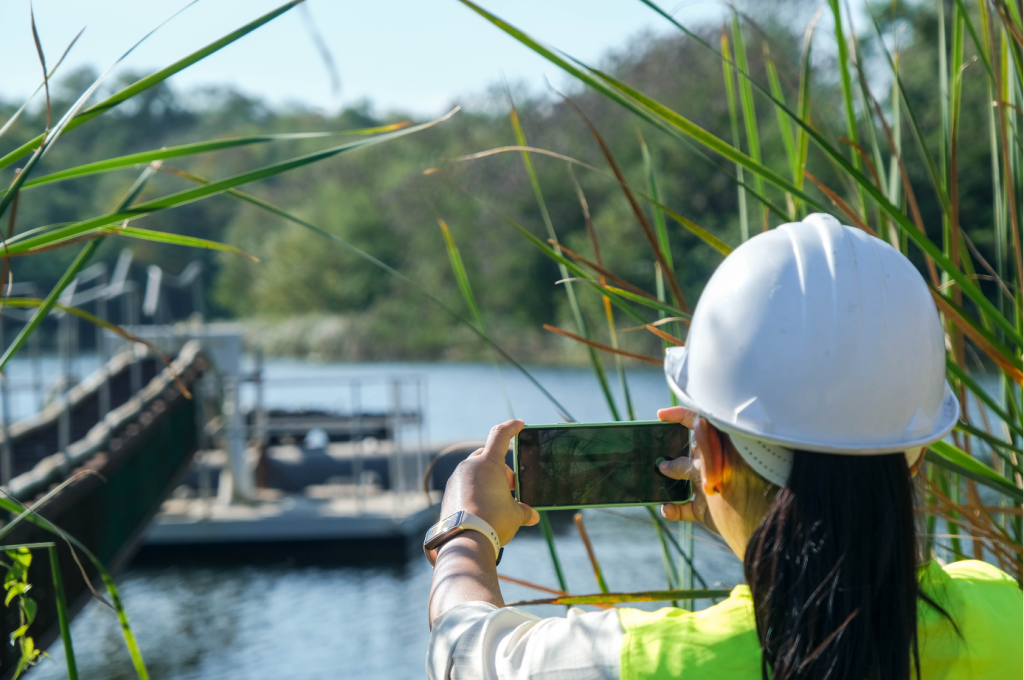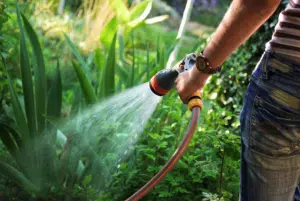In Australia, recycled water plays a significant role in sustainable water management practices, offering an alternative source for non-potable uses such as irrigation, industrial processes, and environmental enhancement. The classification of recycled water is crucial as it determines its suitability for different purposes and ensures public health and environmental safety. This blog explores the various classifications of recycled water in Australia, along with relevant laws and considerations that affect consumers.
Primary Recycled Water Classifications
Recycled water in Australia is classified into several categories based on its treatment level and potential uses:
Class A Water:
Class A recycled water undergoes the most rigorous treatment processes, meeting stringent quality standards suitable for a wide range of applications including irrigation of crops intended for human consumption, recreational areas, and industrial processes that do not involve direct human contact.
Class B Water:
Class B recycled water is treated to a level that makes it suitable for irrigation of non-food crops, such as turf farms, forestry, and public parks. It requires less treatment than Class A water but still undergoes processes to ensure safety and quality.

Class C Water:
Class C recycled water is primarily used for agricultural purposes, such as pasture irrigation and animal drinking water. It undergoes treatment to reduce contaminants and pathogens but may not meet standards for human contact or food crop irrigation.
Legislation and Regulations
Several laws and regulations govern the production, distribution, and use of recycled water in Australia to safeguard public health and the environment:
National Water Initiative (NWI):
The NWI provides a framework for water management across Australia, including guidelines on the safe use of recycled water and promoting sustainable practices.
Australian Guidelines for Water Recycling:
These guidelines outline the recommended practices for the safe and effective use of recycled water, including treatment standards, monitoring requirements, and risk assessment procedures.
State and Territory Legislation:
Each state and territory has its own regulations governing recycled water, often aligned with national guidelines but tailored to local conditions and priorities. These regulations cover aspects such as licensing, monitoring, and reporting requirements for recycled water schemes.
Consumer Considerations
For consumers, understanding the classifications and regulations surrounding recycled water is essential for informed decision-making:
Public Perception and Acceptance:
Consumer acceptance of recycled water varies based on perceptions of safety and cleanliness. Transparent communication and education about treatment processes and regulatory compliance are crucial to building trust.
Impact on Water Supply and Sustainability:
Utilizing recycled water for non-potable purposes helps conserve freshwater resources and reduce strain on traditional water supplies. Consumers can contribute to sustainability efforts by supporting recycled water initiatives in their communities.
Health and Safety Assurance:
Regulations ensure that recycled water meets strict quality standards to protect public health. Regular testing and monitoring help ensure compliance with these standards and provide assurance to consumers.
Future Trends and Innovations
The future of recycled water in Australia is marked by ongoing advancements in technology and regulatory frameworks:
Emerging Treatment Technologies:
Innovations in membrane filtration, advanced oxidation processes, and monitoring systems continue to improve the efficiency and effectiveness of recycled water treatment.
Integration with Smart Water Systems:
Smart technologies such as IoT sensors and data analytics are being integrated into recycled water systems to optimize operations, improve water quality monitoring, and enhance resource efficiency.
Policy and Community Engagement:
Continued collaboration between government, industry, and communities is vital for shaping policies that promote sustainable water management practices and expand the use of recycled water.
Recycled water classifications in Australia reflect a commitment to sustainable water management, balancing environmental stewardship with public health protection. By adhering to stringent regulations and embracing technological advancements, Australia is paving the way for a more resilient water future. Consumers can contribute to these efforts by staying informed, supporting sustainable practices, and advocating for responsible water use in their daily lives.
Understanding recycled water classifications and related laws empowers consumers to make informed choices and contribute to sustainable water management practices in Australia.
Related Posts
- The Impact of Household Chemicals on Your Septic System: What You Need to Know
- How Much Sewage Is Produced Per Person?
- What is the Best Wastewater Treatment System?
- Do Domestic Sewage Treatment Plants Smell?
- Is Wastewater Treatment sustainable?
- How To Select The Right Wastewater Treatment System For My Home/Project?
- Reinventing the Septic Tank for the 21st Century
- What is a home sewage treatment plant




